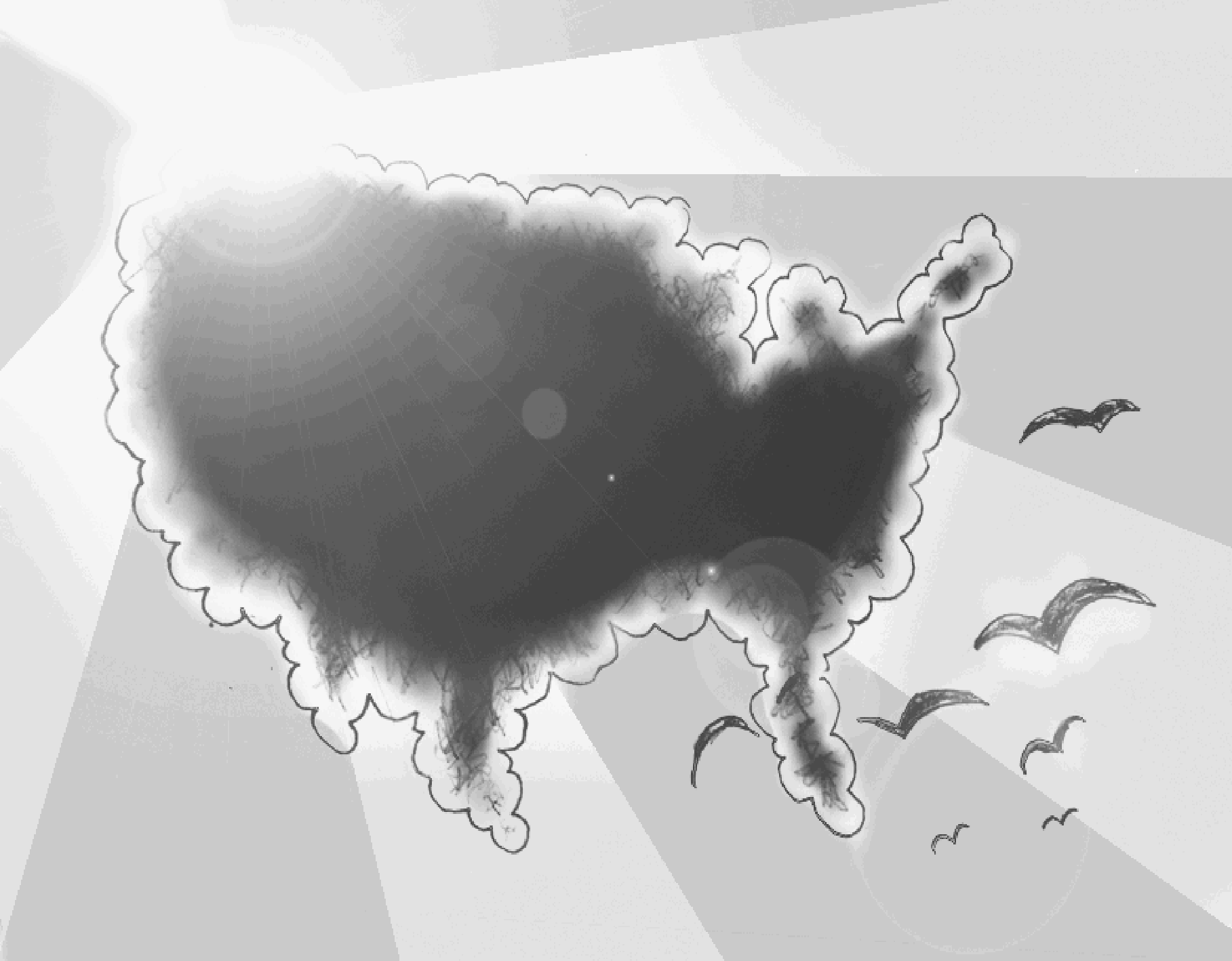Finding our silver lining
I don’t think it’s possible to overstate the effect of one’s outlook on their experiences. We are a generation living in a time defined by gradual, global crisis. It’s tempting to develop a fatalistic attitude towards our prospects, but I contend that re-envisioning our situation is crucial if we hope to manifest a brighter future. I found one hopeful perspective in the least likely of places: an editorial detailing American debt.
I’ve never found myself describing statistics as beautiful before. Beautiful seems like an adjective reserved for the living, and statistics have always struck me as essentially dead. But while reading Joel Kotkin’s stat-heavy analysis of the Millennial generation’s economic plight, I felt a very uncharacteristic surge of inspiration.
“Are Millennials the Screwed Generation?” has a simple and resounding thesis: Yes, thanks, in large part, to the nearsighted financial ambition of the Baby Boomer generation, the Millennials have been thoroughly, economically screwed. The piece did not depress me, nor make me anxious. What I felt as I read through Kotkin’s analysis of my bleak financial future was unmistakably excitement, then pride and then inspiration.
So what about reading that I should lower my standard of financial stability from being a home owner to an apartment renter inspired me? In short: the potential creative spirit that economic hardship might inspire myself and my peers. The possibility that, not only might we not be able to afford to succumb to the mindless frenzy of consumerism that previous generations have, but we might recognize that our struggle is the legacy of that exact, unchecked materialistic ambition.
I fear how affordable consumerism has become, though. I see men and women riding the bus, feeding their children McDonald’s and brandishing smart-phones, lost somewhere between YouTube and Facebook, immune to the hyperactive babble of their obese progeny. I recognize how affordable they’ve made this drug; you can work minimum wage and still afford to drown your every creative ambition until the sun sets.
Perhaps, then, it’s the ominous horizon that I count on to wake us from our collective stupor. The constant reminder, unavoidable even within the unfathomable realm of flatscreen escapism, that tomorrow is uncertain. That the American Dream Auto-Pilot is offline and that, if we want a safe future wherein our offspring might thrive, we cannot count on this old machine to do it for us. We can’t afford to simply act as cogs and have confidence that our compliance will be rewarded with a brighter future because the machine is quite apparently broken.
If we want this future, we need to make it ourselves. We need to rebuild the machine in our own image, aware, as we are, of the perils of bullheaded, unlimited, economic ambition. That, I think, must be the source of that instinctual swell of inspiration: the sense that the steering wheel is before us, and it is by our generation’s creative endeavors that we might prevail and prosper as a nation.
The word “hope” has been appropriated by the smoke and mirrors of American political media and has now come to represent a childish desire to turn back time and relive the golden age of a doomed economic system. This is a narrow definition. I hope for more than buttressing a collapsing tower for shelter. I hope for my generation to view the uncertainty of our world as opportunity, and to take that opportunity and boldly envision something new. It is an unsafe and unpredictable opportunity, but is opportunity none the less, and that is a kind of freedom.
